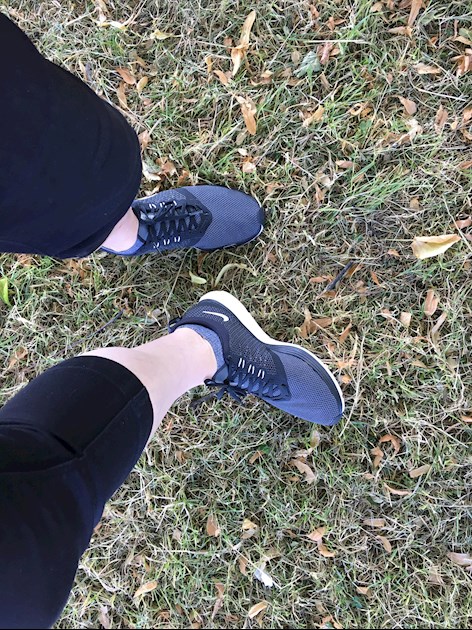Hi there, I’ve made it to Week 7, Run 2 before posting but have devoured the advice here and enjoyed reading posts. I’m amazed I can run and generally set & end MapMyRun when I set off/finish the 5 min walk so avg 9km ph. Two days ago, setting off with a bg around 7.8, I set MapMyRun just for the 25 min segment and did 3.45km with avg pace 7.10. Elated, esp as it’s so hot. Today with blood sugars hovering at around 11, sameish route, temperature, and excited about new trainers, I only managed 2.74km at 9.15 avg.
I sort of understand the theory for runners with type 1 diabetes but any tips or links that have helped other diabetic C25kers would be much appreciated. x
PS posting pic for the running shoe fetishists!


